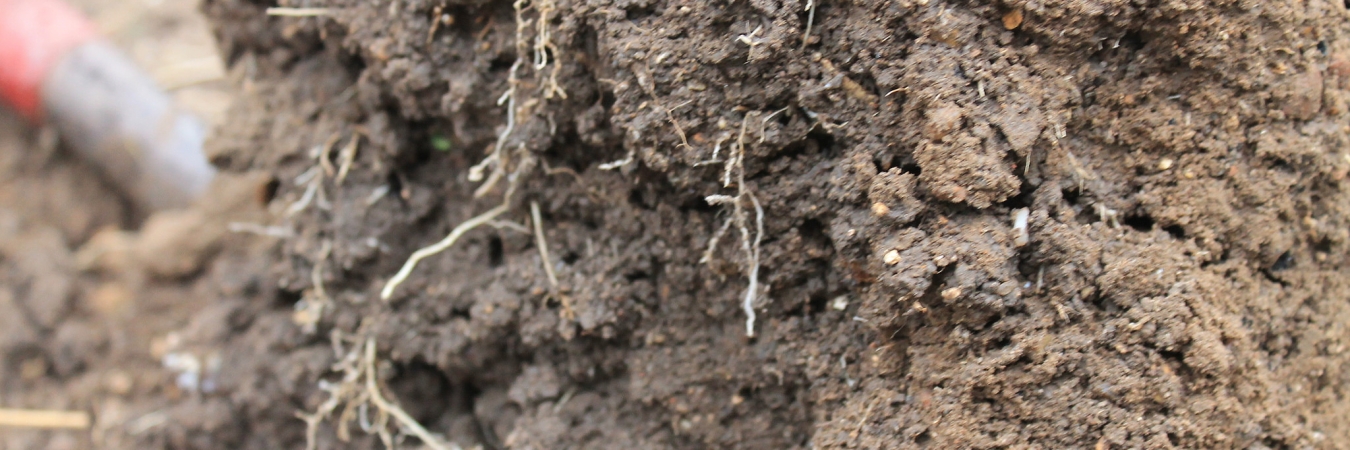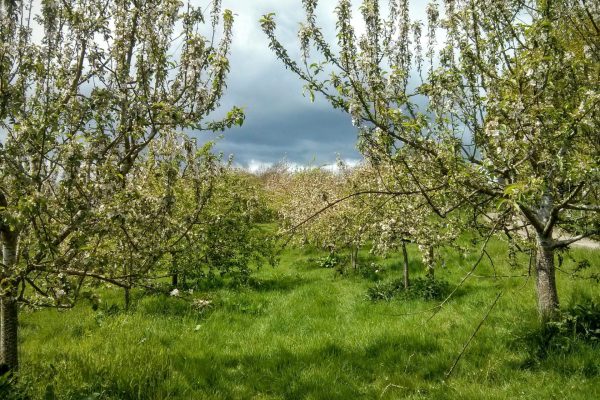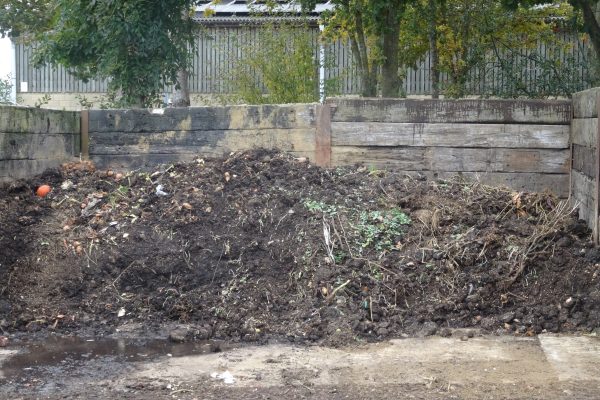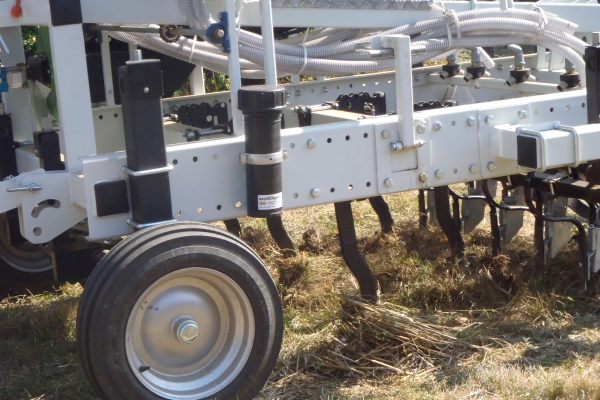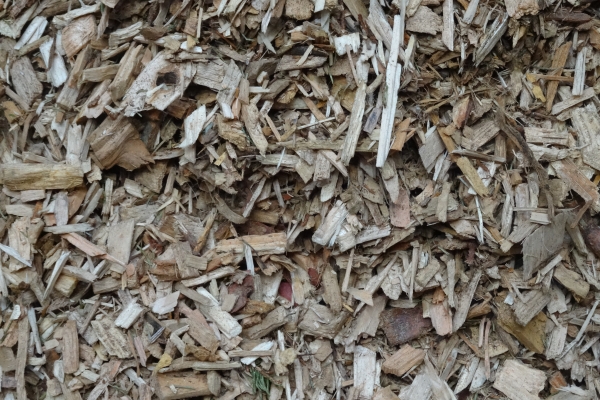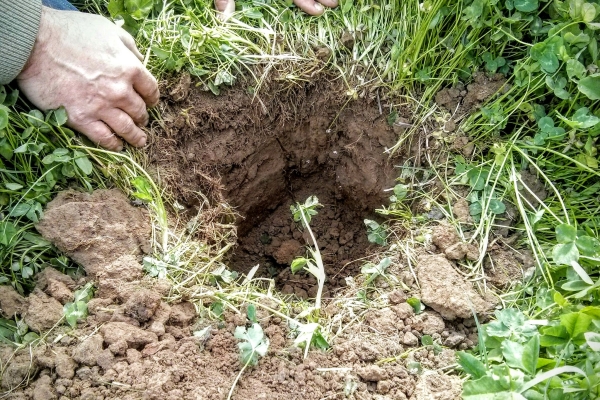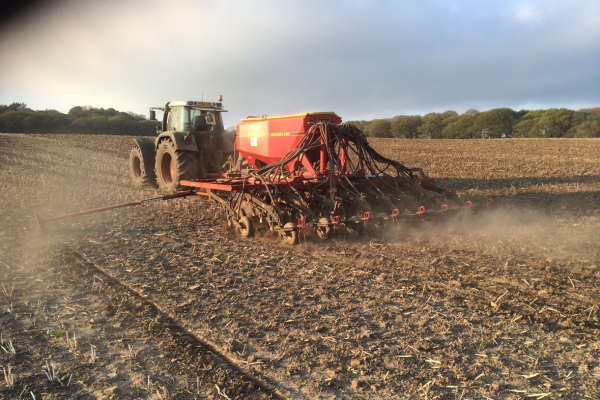Why are soil minerals so important and how can we use biofertilisers to remineralise our land?
(The Organic Grower - No 40 Autumn 2017, pp. 14-16)
Resource explained
This fascinating article published in the Organic Grower is based on experience and research carried out at Ragmans Farm. It explores biofertiliser production emerging as an important tool in the remineralisation of soils, “mimicking the epic journey of soil bedrock through to biologically available minerals.” It emphasises the importance of the approach to soil fertility not just being concentrated on building soil organic matter, it being the “full range of minerals that turbocharges photosynthesis” and suggests that we should feed the soil by feeding plants. It explores the importance of trace elements with regards to soil health, the consequences of lack of minerals, and the misconception of chemicals being the “devils business.” It looks at what biofertiliser can enable farmers and growers to do, explains what it is, how to go about creating it, controlling pathogens produced through anaerobic environments, and the two biological transactions of chelation and sporulation.
Findings & recommendations
- Whilst the addition of compost to soils is beneficial, it is the full range of minerals that enable plants to produce excess sugars and lipids that are exuded into the soil. By feeding plants, we feed the soil.
- Biofertiliser is a biologically active fertiliser concentrate, providing a wide range of microbiology, mostly as spores, and is a solution rich in proteins, enzymes and vitamins formed during the fermentation process.
- Biofertiliser can enable farmers and growers of any scale to produce high quality biological fertiliser that combines the power of a balanced soil biology to build the soil food web, with the full array of trace elements and soil minerals.
- It is emphasised that biofertilisers are tools that sit alongside good soil care, and plant and animal husbandry.
If you would like to learn more about biofertiliser, see here for information on various courses run at Ragmans Lane Farm.
